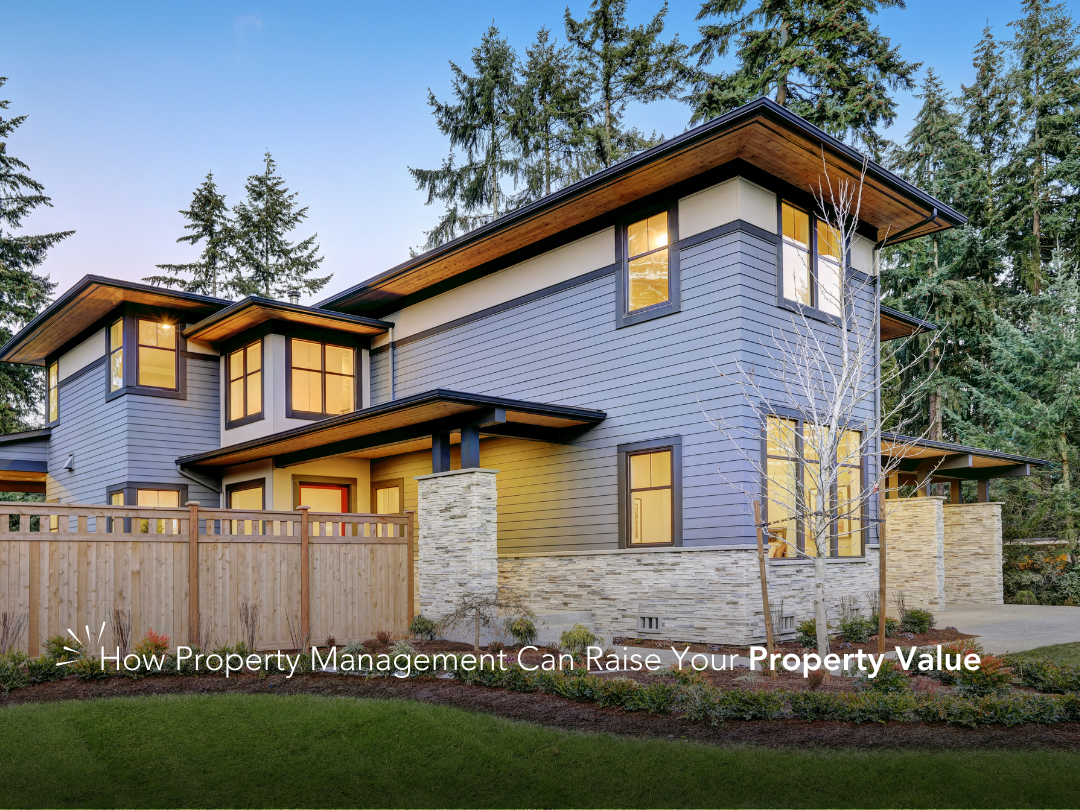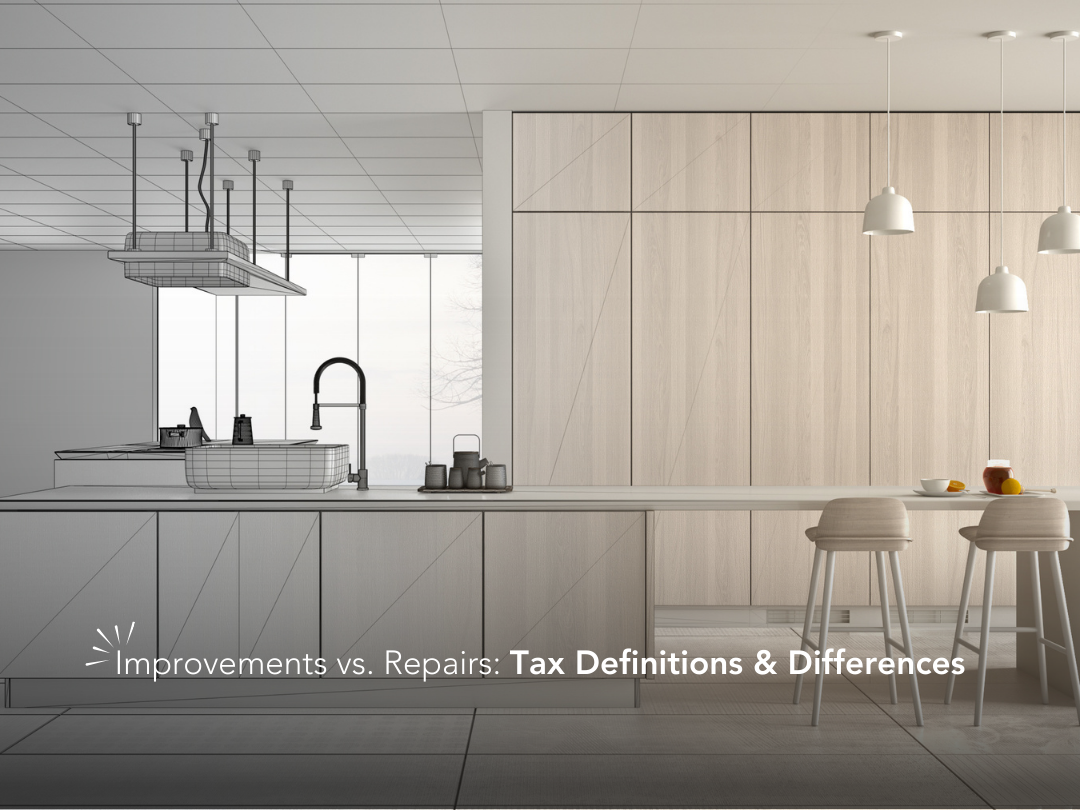Many factors dictate the worth of a single-family investment property. As any investor knows, rentals can have outstanding income potential and maximize your returns with a well-planned investment. However, making the most out of your single family rental property means considering all economic factors.
Luckily for you, two essential calculations will help bring all these considerations into an easily assessed equation. These calculations are the capitalization (cap) rate and cash-on-cash return rate.
Both of these numbers help you understand the financial health of a property in different ways. Here, we define just what these calculations are and how you can use them to better analyze your investment prospects.
Defining Cap Rate
Capitalization rate is one indicator of the potential value of a property. This number, described as a percentage, lets an investor know how much they can expect to accrue in profits from the investment property.
Finding the cap rate takes solving a simple equation. Take the annual net operating income and divide it by the overall value of the asset. What’s left, multiplied by 100, will be the percent return on investment (ROI) that the investor can expect.
Of course, cap rates cannot predict everything, and is simply an idea of how well the rental property might perform. Be sure to use operating income after expenses to properly determine your cap rate. If you fail to negate your operating expenses, you’ll end up with a higher cap rate and unrealistic expectations of how well your property will perform.
If, for example, you purchase a property for $200,000 and expect your net annual income to come out to $10,000, then the cap rate will be 5%. Is this a good cap rate? That depends on the market.
For mostly static housing markets, financial advisors recommend that your cap rate be more in the ballpark of 8-10%. However, depending on the market, a lower cap rate may be desirable. For example, markets in which housing values are consistently on the rise will translate to a higher pay off in the long run. This makes a cap rate as low as 3% a potentially viable investment.
Defining Cash-on-Cash Return
Cash-on-Cash (CoC) returns work a little bit differently than a cap rate calculation. CoCs describe more the relationship between the investor’s cash flow than direct value of the property. Even so, it is a useful indicator of a rental’s performance.
Once again, CoC returns are a simple calculation. All it takes is dividing your annual net operating income by your total cash investment. Once again, be sure the income you are using for your calculation has expenses subtracted or you will overestimate your investment performance.
Since your actual cash down on a property will depend upon your financing deals, the CoC rate will vary widely. Calculations on CoC should only be made with the exact amount of cash you directly invest into the property. For example, if you put $40,000 of your own money down on a rental that brings in an annual net income of $10,000, your CoC will be 25%.
There is no single CoC rate that guarantees a good investment. Some see anything above 8% as a worthwhile return. Others suggest you should not invest in a rental property with a CoC rate below 20%. Once again, it will depend upon the market conditions and the locale of the property in question.
Using Insights for Better Investments
Cap and CoC return rates are not definitive numbers. No one can predict the future, and emergencies or market fluctuations may end up netting you returns significantly above or below these percentages.
However, calculating cap and CoC rates can be an insightful method of anticipating an asset’s performance, lending investors the knowledge to make better investments. Solve these equations, then speak with finance and investment professionals to ensure you have all the information you need in order to make an ideal investment.
For more information on real estate investment and property management, contact 208.properties or visit us on social media.














